Pre/Dicta Expands Litigation Analytics Platform to California, Its First Venture Into State Courts
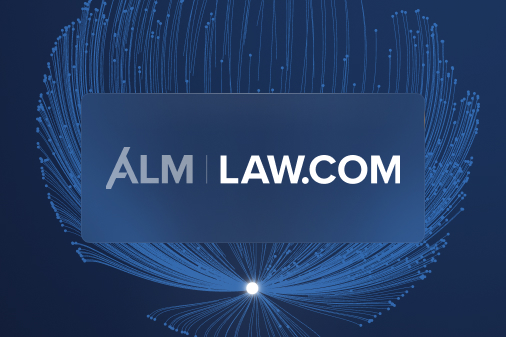
The expansion to California will see the immediate inclusion of all motion types currently covered by Pre/Dicta. “We’re gonna have everything kick off all at once,” said Rabinowitz. “It’s a combination of our predictions, forecasts, and timelines.”
A different kind of legal AI

So, when Dan Rabinowitz was founding the legal tech firm Pre/Dicta, he decided to focus on a tried-and-true method: behavioral analytics.
When Dan Rabinowitz was founding the legal tech firm Pre/Dicta, he decided to focus on a tried-and-true method: behavioral analytics.
Generative AI brings new insights to litigation analytics tools
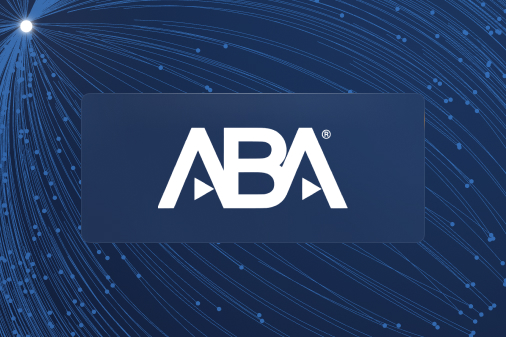
Pre/Dicta collects, classifies and analyzes the entire federal docket and every judge’s unique personal attributes, including age, gender, resumé/background and political affiliation. Then, using what it calls “predictive AI,” it predicts the success or failure of a motion to dismiss before that judge.
How AI in litigation will transform the legal industry
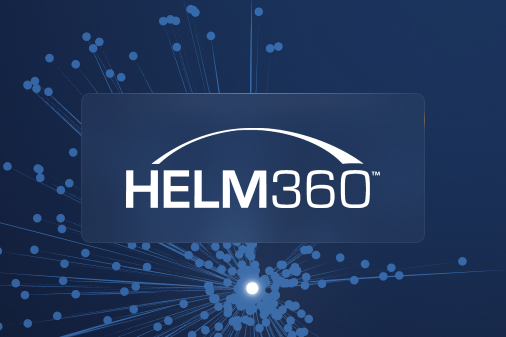
Today, we are excited to introduce Dan Rabinowitz, CEO and co-founder of Pre/Dicta, an innovative AI-powered litigation prediction software. Dan brings a wealth of experience to our discussion, with a background that spans from serving as a trial attorney at the U.S. Department of Justice to pivotal roles in data science and legal strategy.
The ‘Huge Shift’ Coming To Biglaw Attorney Development
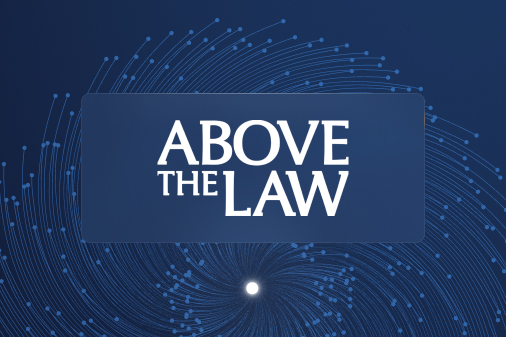
Generative AI isn’t the whole picture, either. Predictive AI is quite good at what it does — just ask anyone puzzled by the social media ads that seem to read your mind, noted Dan Rabinowitz, the CEO of Pre-Dicta.
Pre/Dicta Partners with Quinn Emanuel to Provide Lawyers with AI-Powered Litigation Prediction Tools

Manually researching historical case statistics and anecdotal experiences is not only time consuming for legal teams, but it’s obsolete. Pre/Dicta is able to provide instant case metrics and insights based on a data set made up of billions of patterns that would otherwise be inaccessible to legal teams
Pre/Dicta Partners with Quinn Emanuel to Provide Lawyers with AI-Powered Litigation Prediction Tools

he two-day conference, which takes place on June 7 and 8 at the new Bespoke venue in San Francisco, has top speakers from law firms and ALSPs, as well as senior inhouse lawyers and those in legal ops roles, and of course plenty of pioneers from legal tech companies.
Quinn Emanuel Adopts AI-Powered Tool to Predict Judicial Rulings

The ability to predict how a judge will act is “as critical as writing briefs” to litigators, said Dan Rabinowitz, chief executive officer of Pre/Dicta, the company that designed the artificial intelligence-powered software.
Quinn Emanuel to integrate Pre/Dicta into their litigation workflow

US litigation powerhouse Quinn Emanuel Urquhart & Sullivan, LLP today (16 May) announced that they will be integrating Pre/Dicta’s predictive analytics tool suite into their litigation workflow.
Legal Tech’s Predictions for Litigation, the Courts & ADR in 2024

Law firms adopting an AI legal prediction platform are experiencing a transformative change in their practice approach. They can now offer risk mitigation and case road mapping based on case timelines and outcome probabilities derived from billions of calculations, something previously unimaginable.
Legal Tech’s Predictions for Litigation, the Courts & ADR in 2024
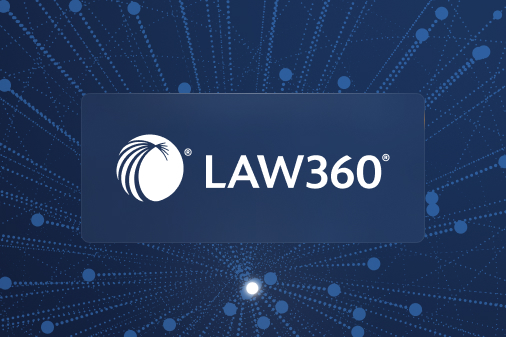
“As the home of the nation’s largest court system, it made sense for California to be the first state we added into our platform so we can understand and quickly replicate the process across the country in other state court systems,” he said.
The Legal Tech M&As That Changed the Legal Tech Market in 2023
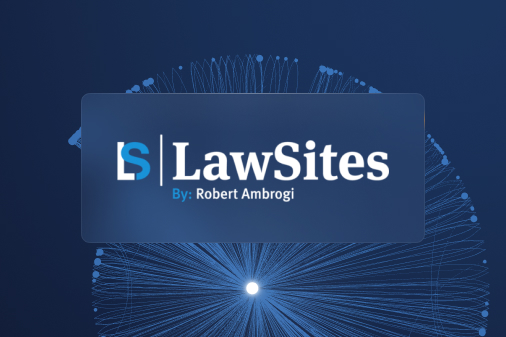
Using Pre/Dicta requires only that you enter a case number. It will then show a dashboard offering a prediction as to the likelihood of a motion to dismiss being granted. It will also show its analysis of similar cases. The Case Timeline shows likely outcomes for at each of the three states of litigation and the likely timeline to that outcome.
Legal IT Latest: Gen AI product announcements

Pre/Dicta’s proprietary algorithms use artificial intelligence to uncover judicial patterns. We’re told that its predictions are 85% accurate for motions to dismiss across all 94 U.S. federal district courts. The newly released augmented capabilities provide insights into additional motions through AI data-profiling. These include the most consequential motions: summary judgment, class certification, and venue transfer.
Pre/Dicta Adds 3 New Motion Outcome Predictions and “Doppelganger” AI Capability
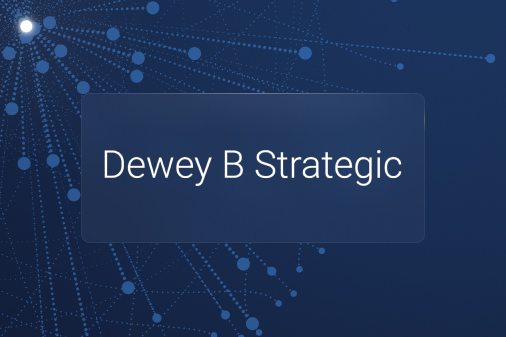
Founder Dan Rabinowitz built a methodology and an algorithm that is correct 85% of the time. Pre/Dicta has collected, enriched and analyzed more than 35 million docket entries, over 3.5 million cases, and 5.5 million parties and firms. This enables Pre/Dicta to generate a unique fingerprint or ‘DNA’ for each case and predicts judicial decisions.
Pre/Dicta Adds 3 New Motion Outcome Predictions and “Doppelganger” AI Capability
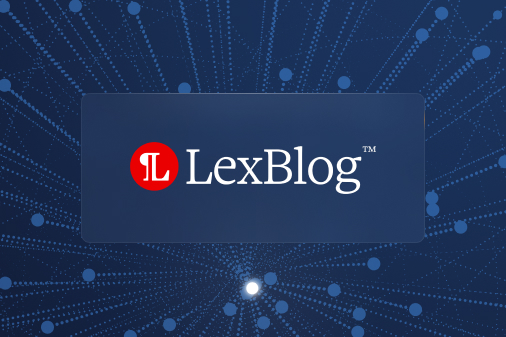
Litigation Timeline Predictions: Pre/Dicta provides legal teams with the predicted case-relevant timelines from filing to trial to plan litigation strategies better, allocate resources, and inform settlement decisions.
The platform contextualizes its motion analysis, comparing that with the judge’s decisions, as well as other judges within the same circuit and those with analogous biographical profiles.
Litigation Prediction Platform Pre/Dicta Expands Into New Motion Types and Case Timelines

Using Pre/Dicta requires only that you enter a case number. It will then show a dashboard offering a prediction as to the likelihood of a motion to dismiss being granted. It will also show its analysis of similar cases. The Case Timeline shows likely outcomes for at each of the three states of litigation and the likely timeline to that outcome.
Pre/Dicta Expands Litigation Prediction Platform With New Motion Types, Case Timelines
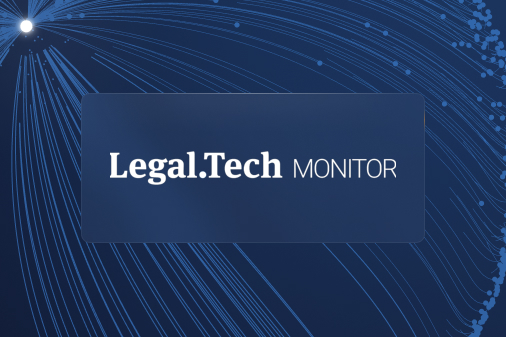
By looking for a case or judge’s “doppelganger,” Pre/Dicta looks to predict the outcome of four new motion types: summary judgment, class certification, venue transfer and motions to compel.
Pre/Dicta Adds Timeline, Venue, Motion Types to Predictions

Pre/Dicta, which makes software to provide insight into judicial behavior, said Tuesday it has added new functions to its AI legal prediction platform.
Pre/Dicta Expands Litigation Prediction Platform With New Motion Types, Case Timelines

By looking for a case or judge’s “doppelganger,” Pre/Dicta looks to predict the outcome of four new motion types: summary judgment, class certification, venue transfer and motions to compel. The move comes almost a year after the company acquired litigation analytics platform Gavelytics to offer predictions for state court motions across the country.
AI tool 86% accurate in predicting judge verdicts without evidence, only bias in past judgments

A noteworthy implication of this technology, as reported by Axios, is the potential transformation of “judicial forum shopping” – the practice where plaintiffs strategically select courts and judges likely to rule in their favor.
Pre/Dicta’s AI-powered tool is reshaping the legal landscape

Dan Rabinowitz, the CEO of Pre/Dicta and a former Department of Justice trial attorney, claims that his AI model can predict a judge’s decision with an accuracy of 86% without even considering the case’s specifics.
Using AI To Predict How Judges Will Rule
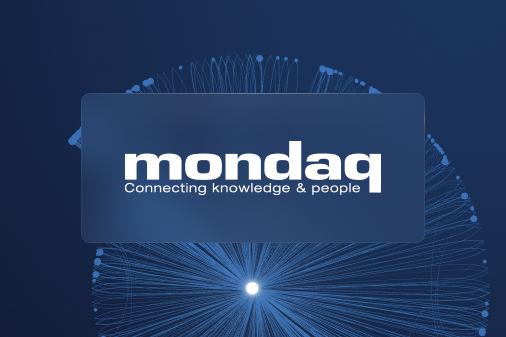
AI-powered database called Pre/Dicta is helping lawyers and plaintiffs predict how judges will rule in civil cases. The database uses around 120 data points to look…
The art of “judge shopping” is now a precise science, thanks to AI
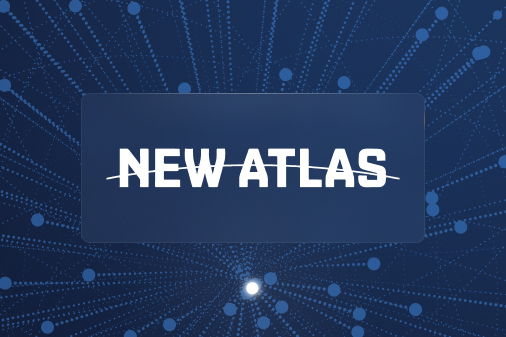
An AI-powered algorithm advises lawyers and plaintiffs on how best to invest their resources by predicting how judges will rule in civil cases based on their net worth, political affiliation, and where they went to law school. It’s turned the art of seeking out a sympathetic judge, or judge shopping, into a precise science.
1 big thing: AI predicts how judges are likely to rule
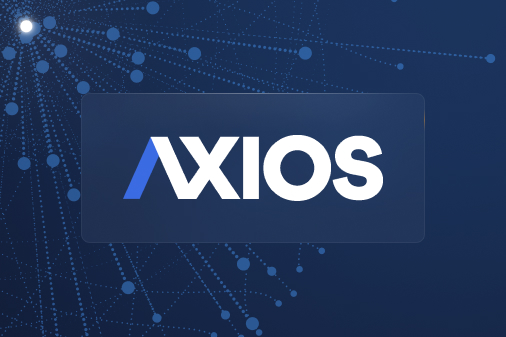
“We don’t look at the law or the facts — we entirely ignore that,” Rabinowitz said, because judges write opinions in fewer than 2% of cases, and in the case of newly appointed judges, there’s often no case data to work with.
AI-Fueled Legal Analytics Tools Offer Both An Edge And Peril

Another example is Pre/Dicta’s platform, which analyzes a judge’s net worth,
political affiliation and law school alma mater, among other factors, to predict
whether the judge will deny or grant a motion. The company claims its
predictions have an 86% accuracy rate.
Podcast: The Voices of the Internet of Things with Chuck Martin: Dan Rabinowitz, Predicta

Dan has been a trial attorney at the U.S. Department of Justice, Associate General Counsel at Booz Allen Hamilton, and CEO of Deko Cocktails. At Predicta, Dan focuses on using artificial intelligence to predict the outcomes of federal lawsuits.
Start up Corner: Pre/Dicta litigation prediction software

For years, companies providing backward-looking statistics dominated the litigation analytics space. Users relied upon those, despite having a limited value in providing accurate and reliable predictions. Exposing users to our advanced capabilities and the algorithmic models and AI is unfamiliar territory for potential users and, at times, requires background beyond our capabilities.
Awesome Speakers at Legal Innovators California

he two-day conference, which takes place on June 7 and 8 at the new Bespoke venue in San Francisco, has top speakers from law firms and ALSPs, as well as senior inhouse lawyers and those in legal ops roles, and of course plenty of pioneers from legal tech companies.
Are chatbots poised to take over disputes?
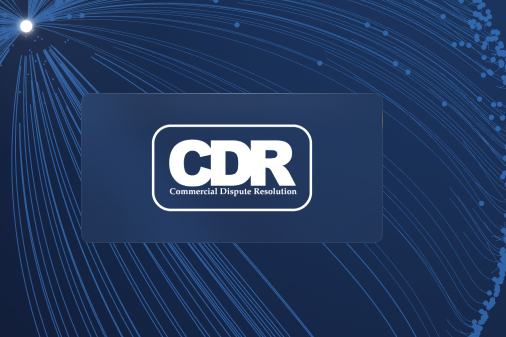
Algorithmic predictive solutions can give an early indication of a dispute’s prospects of success, such as Pre/Dicta which uses AI to analyse multiple data points and historical results to forecast outcomes of current cases, and which has recently found the judge likely to grant the motion to dismiss the Vanipenta v Silicon Valley Bank Financial Group class action.
Shaping the Future of Law: Legalweek 2023 recap and analysis

What set Pre/Dicta apart was its unique approach. Instead of analyzing a judge’s past rulings to determine the likely outcome, this software collects, classifies, and analyzes the entire federal docket and every judge’s unique personal attributes including age, gender, resumé/background and political affiliation if known to determine the factors that will influence the judge’s decision in a given case.
Here Comes Pre/Dicta–Forget Everything You Thought You Knew About Legal Analytics and Predictions

Pre/Dicta has profiled 750 federal judges and built an algorithm that can predict how each judge will rule on a motion to dismiss based on the cause of action, the characteristics of the parties and the attorneys. It runs this prediction based on one piece of data – the docket number!
Innovator of the Year, Vendor: Dan Rabinowitz of Pre/Dicta

“[When I was practicing,] if you had offered me a tool that would give an actual, instant prediction on litigation results…well, I might have thought you were crazy. But I also know what a difference it would have made to my practice,” says Dan Rabinowitz, founder and CEO of Pre/Dicta.
More Legalweek 2023 Observations from Attendees: eDiscovery Trends
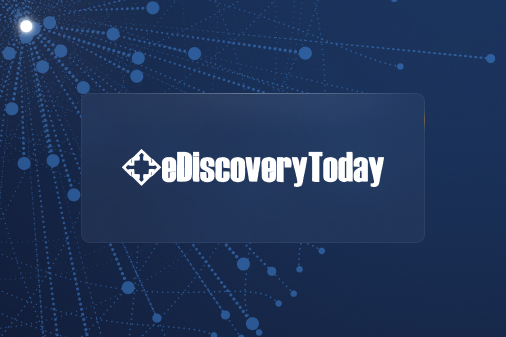
It was great to see the interest from clients in true innovative tech that are using technology and AI in true practical ways – solutions from companies like Altumatim, apprentAI, Pre/Dicta…